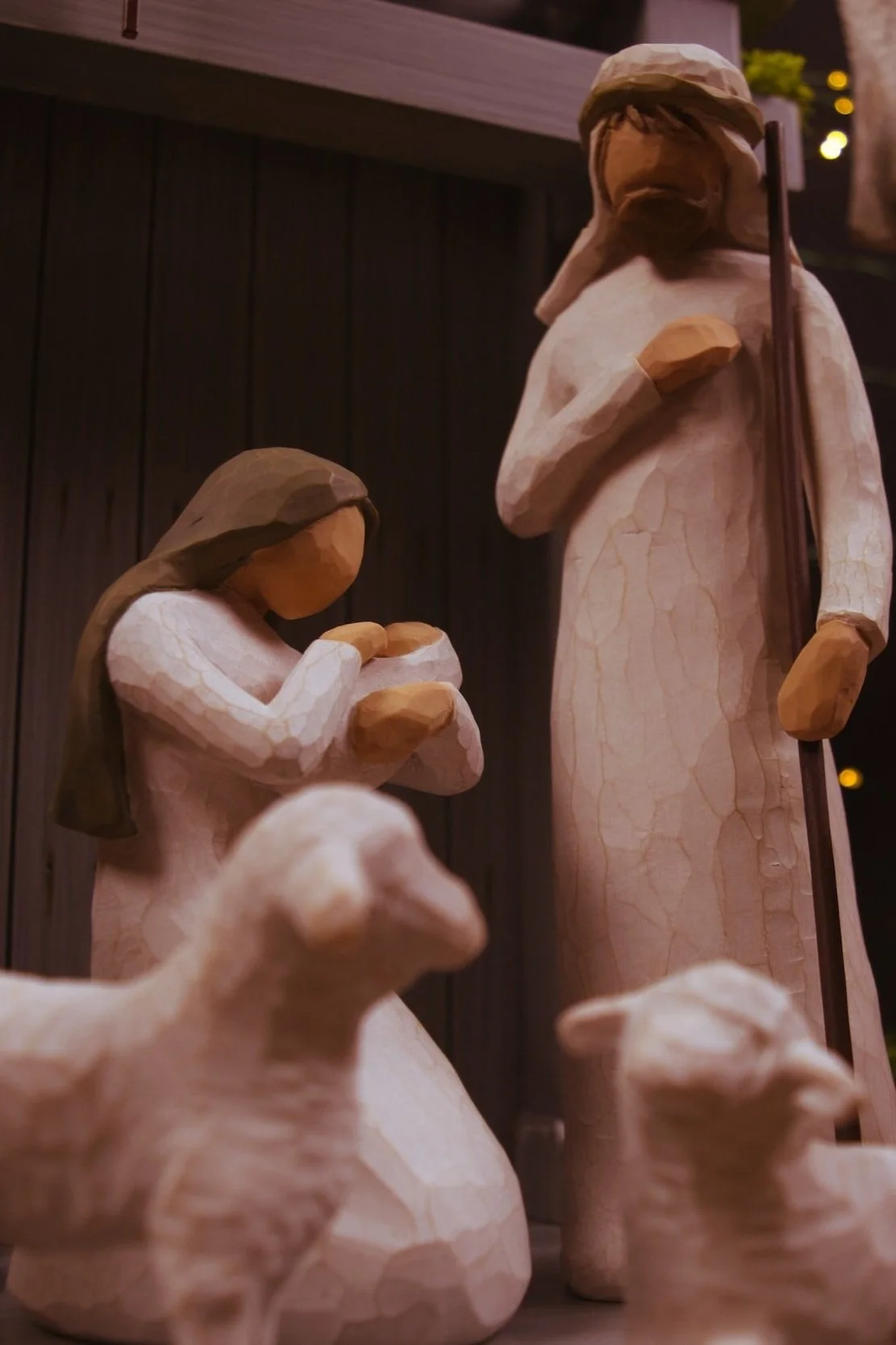Christmas: Why We Need the Church Calendar
“Traditions comfort us and assure us
of who we are at a visceral level.”
Bellingham is not a particularly rooted place. Many people who live here are transplants, which is why the first question we ask each other is “Where are you from?” We assume not “from here.” The beauty of the PNW draws people from all over. Even the people who first settled here must have been running away from something to come to such a remote, rugged, and ruthless environment. Though we are surrounded by dense evergreens, we ourselves are not trees who’ve grown up in an old forest with roots intertwined with other old cedars. We are mostly plants with shallow roots.
So how do we form roots, roots that find life at a level deep below the surface? Roots that connect us and hold us steady? When a person says, “I’ve set down roots here,” they mean they have a group of people with whom they have formed traditions. Being rootless means being traditionless. There is something deep in us that knows this. I have friends who didn’t grow up with many traditions, and once they have them, their traditions can only be dislodged with a pickaxe. They don’t want to let them go. These traditions hold them in place, especially when storms come. Many people in the northwest have run away from the constricting traditions of their families, only to find themselves longing for traditions of their own.
This is why I am among those who prefer that Christmas carol melodies go unchanged. Traditions, like roots, don’t want to change or move—they are stable. In a chaotic world, we want things that are immovable and sure. Christmas might seem filled with sentimentality and nostalgia for many people. All that means is Christmas is touching something below our rationality, below our clearest sensibilities, below even our awareness—traditions comfort us and assure us of who we are at a visceral level.
“Christmas is in our roots, so let the sentimentality, tradition, and nostalgia have its way with us.”
Our most regular tradition is worship on the Lord’s Day. Every week we go through the same liturgical movements of praise, confession, listening to the Word of God, prayer, offering, and communion. This is a tradition that instills in children and adults, “God’s house is my home. Wherever I may wander, his house will always be calling me.” The liturgy retells us our life story: though we were far off, strangers to God, we have been adopted into his house through the blood of Christ.
The church calendar is like a liturgy for the whole year. It tells us the story of the world that we are all living in. Every year, we pass through the story of Advent, Christmas, Ash Wednesday, Lent, Good Friday, Easter, Ascension, and Pentecost. It is the story of humanity waiting in darkness for a Savior, who came down to us in the baby Jesus and descended even further to the depths of the cross. He was raised from the dead, was given authority over the nations, and has given us eternal life in the Spirit. That is the true story of the world.
It is a story we are always forgetting and always needing to be reminded of. It is the story unchanging. And that story is our roots.
So we structure our time (weekly worship and an annual church calendar) around this story—feasting and fasting—so that the story of Jesus might become our roots. Christmas is in our roots, so let the sentimentality, tradition, and nostalgia have its way with us.



